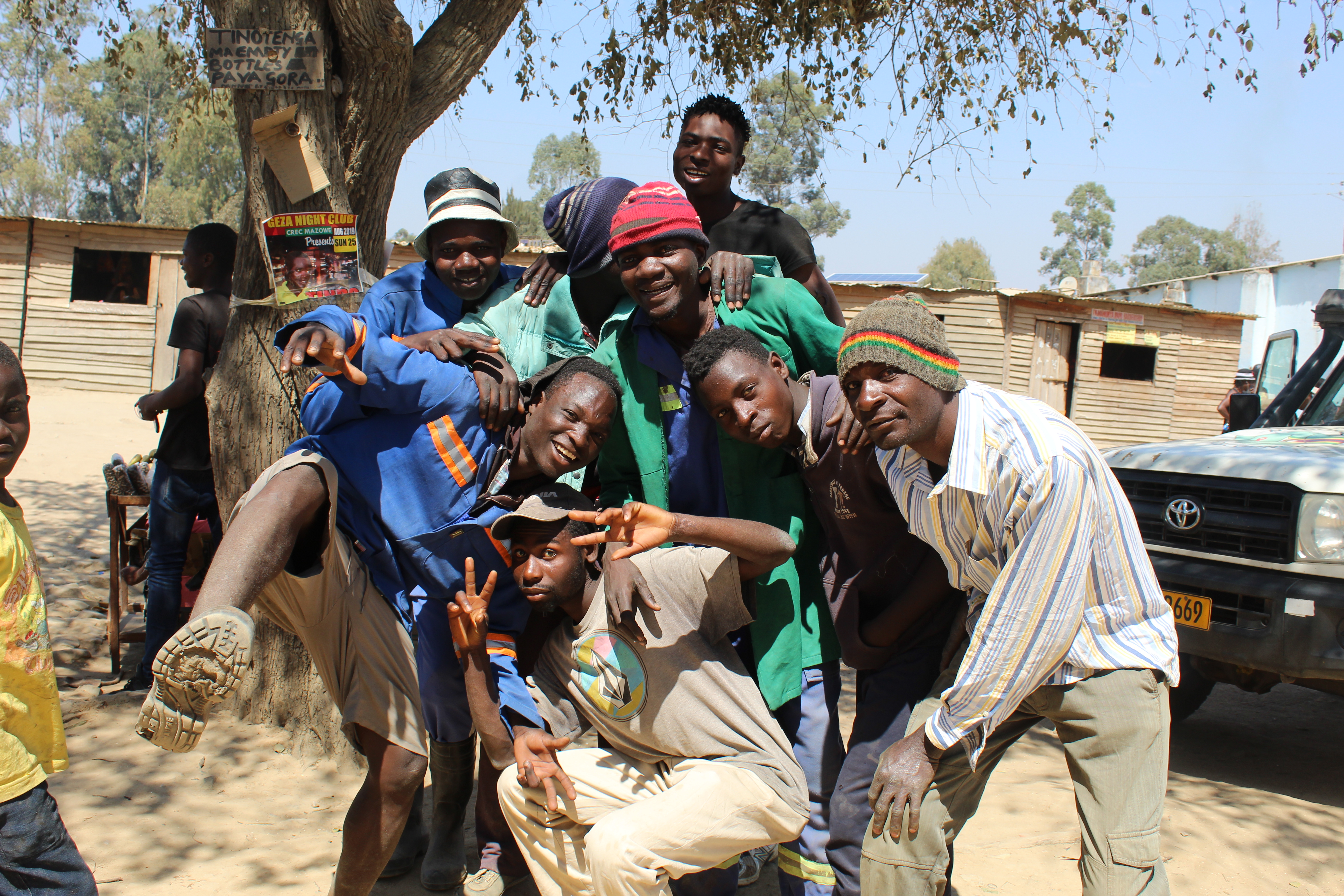By Nyasha Mutena
The National AIDS Council has intensified the fight against HIV and AIDS by imploring men to seek HIV and AIDS services and engage in systematic dialogues through the behaviour change communication strategy, a platform to develop positive behaviours, promote and sustain individual, community and societal behaviour change to end the pandemic.
In an interview with Spiked Online Media, the National Aids Council (NAC) Provincial Coordinator for Mashonaland East Dr Wilfred Dube said the programme was necessitated by the Global fund two years ago to harness and lure men who not only suffer from AIDS phobia but have developed a record of illness anxiety to seek health services.
“We are pushing really hard for the behaviour change communication strategy as we want to lure men to have a great interest in seeking information on health services and to shift from the mindset that only women have to seek health services time and again,” said Dr Dube.
The BCC strategy has already been demystified across the provinces and is expected to bear fruits as it engages men into systematic dialogues and it is on these platforms that they can open up in discussions and encourage each other to utilise health services that are readily availed to them through various programmes mainly voluntary male circumcision and knowing their statuses.
Jacob Dhliwayo who attended the local BCC session at Arcturus Mine applauded the initiative and said it was crucial in the fight against HIV/AIDS. He however indicated that there should be a paradigm shift on how the condom is viewed in the church so that issues that address HIV/AIDS can be discussed openly in the church.
“There has to be a mindset shift on issues surrounding the condom so that HIV/AIDS issues can be discussed openly in churches,” said Dhliwayo.
The Global Fund is also funding a sister-to-sister group programme that is directed towards young vulnerable girls to open up to each other on dynamic issues that affect them. This programme is also meant to empower them financially through small projects training.
Loina Betera (20) from Goromonzi District who was born HIV positive said the programme has empowered her greatly since she learnt to work hard and does not intend to depend solely on her husband when she gets married.
Beatrice Chikakai (24) also from Goromonnzi District who got married at 15 years says she has benefited remarkably from the sister-to-sister program as she does not depend on her husband to put food on the table owing to the garden projects training.
Lenisa Gwariwa (11) from Murombedzi said she appreciates the extracurricular education on adolescents where she learnt during one of their Sister-to-sister sessions on the dangers that face young girls should they not take part in the initiative.
